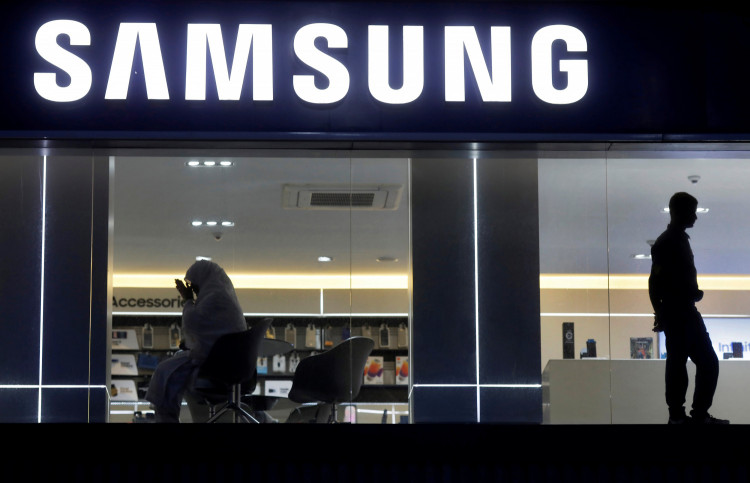On Thursday (June 23), Australia's competition regulator announced that a court had ordered Samsung Electronics' local unit to pay a penalty of A$14 million ($9.65 million) for making false claims about a water-proof feature in its smartphones.
The Australian Competition & Consumer Commission (ACCC) said Samsung Australia admitted to misleading buyers of some of its 'Galaxy' phones about the level of water resistance. The company was first sued by the regulator in July 2019.
Between March 2016 and October 2018, Samsung Australia ran a marketing campaign that included nine ads(link is external), which were distributed on Facebook, Twitter, Instagram, its website, and in-store, indicating that these Galaxy phones were suitable for use in pools and seas.
If the Galaxy phones were submerged in a pool or seawater, the charging port could become corroded and stop working if the phone was charged while still wet, according to Samsung Australia.
Legal and liability concerns have long prevented the smartphone industry from using the term "waterproof" to describe their devices, instead opting for "water-resistant," which implies that a device can only resist water incursion for a limited amount of time and at a limited depth.
The IEC60529 standard, which defines two-digit Ingress Protection (IP) ratings representing dust and water resistance, is used to rate devices.
IP ratings only apply to immersion in freshwater, which Samsung acknowledges in its explanation of its devices' water resistance ratings, but which the ACCC claims Samsung ignored by advertising its phones for use in ocean activities.
Customers are advised not to submerge the device more than 1.5 meters deep and not to expose it to "water moving with power, such as water pouring from a faucet, sea waves, or falls" on Samsung's own IP68 water resistance page.
Water resistance was a key selling point for market rival Apple when it announced the iPhone XS last September, but the company offers a similar qualification about its phones' water resistance, noting that splash, water, and dust resistance "are not permanent conditions and resistance may decrease as a result of normal wear."
However, the ACCC received hundreds of complaints from users who claimed that after being exposed to water, their smartphones did not function properly or even stopped working entirely.
The said claims "promoted an important selling point for these Galaxy phones," as per ACCC Chair Gina Cass-Gottlieb. "Many consumers who purchased a Galaxy phone may have been exposed to the misleading ads before they made the decision to purchase a new phone."






